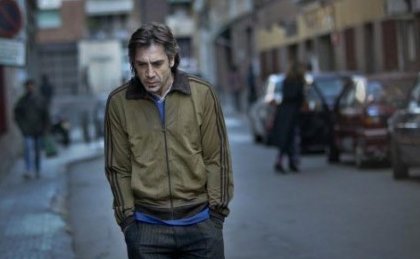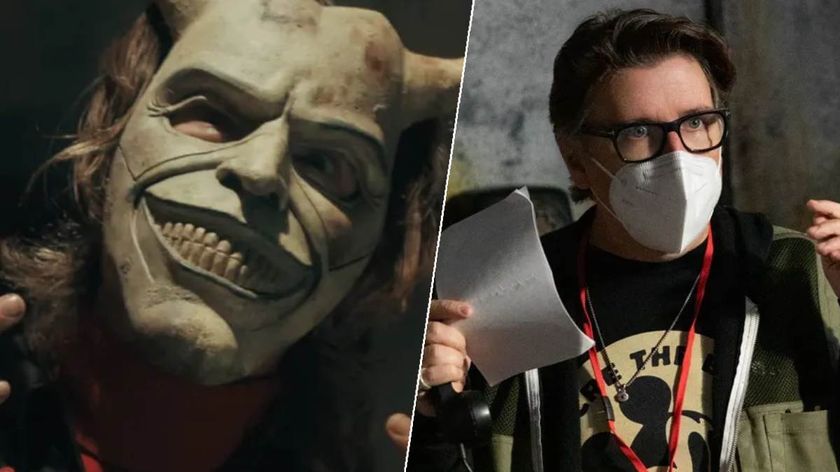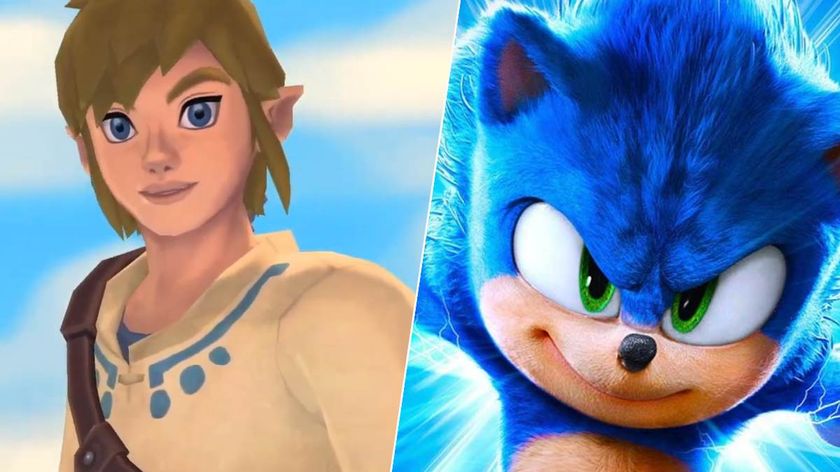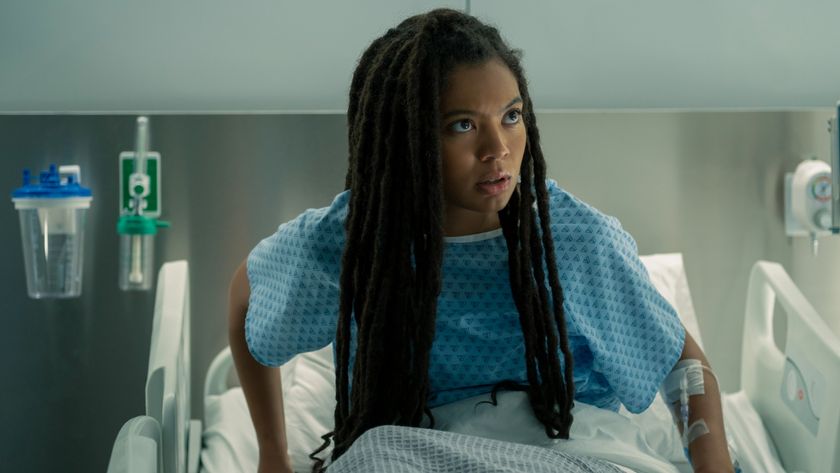Why you can trust 12DOVE
Morality, morality, religion, redemption, responsibilities global and parental...
Alejandro González Iñárritu’s fourth feature hauls so much thematic baggage, it seems perverse to say it’s his most economical since his debut, Amores Perros.
Yet at its satisfyingly dense but tight-toned best, Iñárritu’s first film without screenwriter Guillermo Arriaga is just that.
Where 21 Grams and Babel traded in choppy plotting, Biutiful benefits from its linear thrust, wired direction and, vitally, fierce focus on Javier Bardem, his haunted face worth a thousand subtexts.
Bardem is Uxbal, a street-hustler in a grungy Barcelona quarter who splits his time between organising immigrant labour, assisting the bereaved with their grief (he’s got a ‘sixth sense’ thing going on), raising his kids and trying to look after his bipolar, estranged wife Marambra (Maricel Álvarez), who’s screwing his brother Tito (Eduard Fernández).
And the clincher? Uxbal’s dying of cancer, which spurs him to get his affairs straight for his kids’ sakes.
If you didn’t know this was Iñárritu’s film, you’d guess. A rough trajectory of his thematic evolution goes thus: love’s a bitch (Amores Perros), then you die (21 Grams), but it’s the crap in between that slays you. Life isn’t always beautiful, but Iñárritu’s sometimes overbearing, arthouse-Eeyore stress on misery can over-egg the pudding.
Biutiful, though, is ferocious filmmaking, directed with lyrical austerity and played with conviction. Bardem’s ego-less delivery owns the screen: eye-bags sagging with the world’s weight, he draws viewers’ empathy regardless of Uxbal’s shady attachments.
Iñárritu’s frayed direction hews close to Uxbal’s personal purgatory, aided by Rodrigo Prieto’s cinematography, its contrasts of filth and beauty paralleling Uxbal’s desperation to do right.
Sure, Biutiful gets tarnished when it over-reaches. But Iñárritu’s economy drive packs punch in discrete, immersive moments, ranging from a kinetic street pursuit to shots of Uxbal stripped to his nappy and his soul.
The closing scenes between Uxbal and his daughter serve proof of the filmmaker’s evolved ability to anchor Big Themes in character: addressing how we weigh our time alive in the most direct, devastating terms, they finally hit the raw nerve his films have often threatened to.
Kevin Harley is a freelance journalist with bylines at Total Film, Radio Times, The List, and others, specializing in film and music coverage. He can most commonly be found writing movie reviews and previews at 12DOVE.














